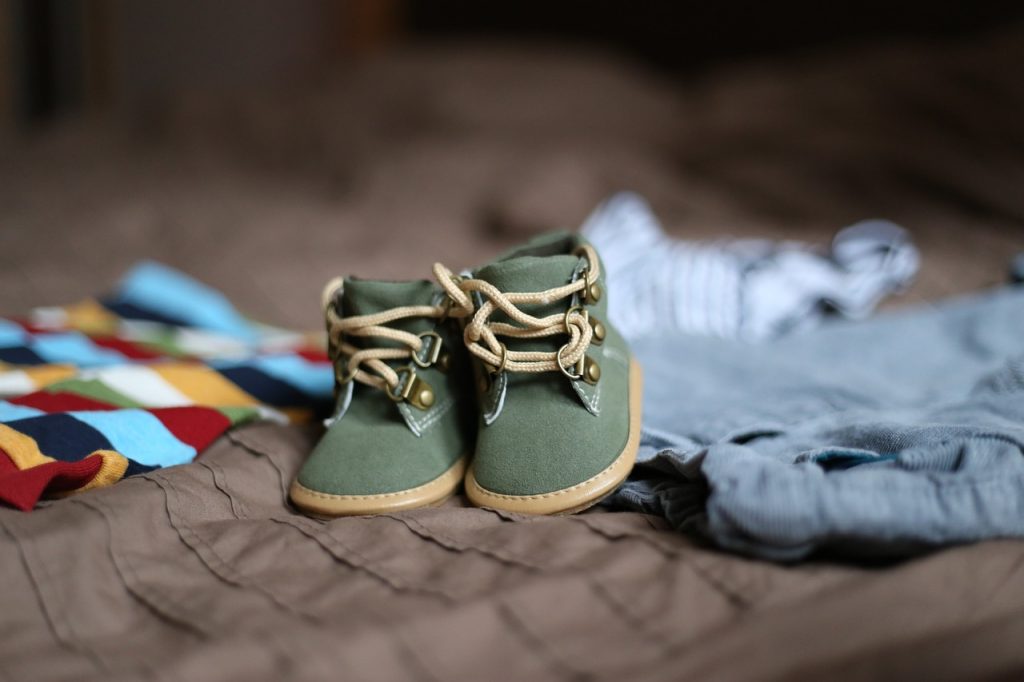In a world where the fashion industry is responsible for a significant amount of pollution and waste, the need for economically sustainable clothing has never been more pressing. This type of clothing not only reduces environmental impact, but also benefits the economy by creating jobs and supporting local businesses.
Table of Contents
ToggleWhat is Economically Sustainable Clothing?
Economically sustainable clothing is clothing that is produced and consumed in a manner that supports economic growth and stability. This can be achieved through various methods such as using locally sourced materials, supporting fair labor practices, and reducing waste through the use of recycled materials.

The Benefits of Economically Sustainable Clothing
There are many benefits to choosing economically sustainable clothing over traditional fast fashion. These benefits include:
- Reducing Environmental Impact: By sourcing materials locally and using recycled materials, the carbon footprint of the clothing is reduced, which is better for the environment.
- Supporting the Local Economy: By purchasing locally made clothing, consumers are supporting local businesses and creating jobs in the community.
- Promoting Fair Labor Practices: Many economically sustainable clothing companies prioritize fair labor practices, ensuring that workers are paid a fair wage and treated with respect.
- Reducing Waste: By using recycled materials and reducing overproduction, the amount of clothing waste is reduced, leading to a cleaner and more sustainable planet.
How to Shop for Economically Sustainable Clothing
When shopping for economically sustainable clothing, it is important to look for certain certifications and labels that indicate that the clothing was made in a responsible and sustainable manner. Some of these certifications include the Global Organic Textile Standard (GOTS), Fair Trade Certified, and the Sustainable Apparel Coalition’s Higg Index.
Another way to ensure that the clothing you are purchasing is economically sustainable is to look for local brands that use sustainable practices. This not only supports the local economy, but also helps reduce the carbon footprint of the clothing as it does not have to be transported long distances.
It is also important to be mindful of the clothing that you already own. By repairing and repurposing old clothing, you are reducing waste and extending the life of the clothing.
The Future of Fashion
The future of fashion is economically sustainable clothing. As consumers become more aware of the impact that the fashion industry has on the environment and the economy, they are choosing to support sustainable brands that prioritize these issues. This trend is only set to continue, as more companies begin to adopt sustainable practices and consumers become increasingly conscious of their purchasing decisions.
In conclusion, economically sustainable clothing is not only better for the environment, but also supports local businesses and promotes fair labor practices. By choosing to shop for sustainable clothing, consumers can help to create a better future for the planet and for future generations.







